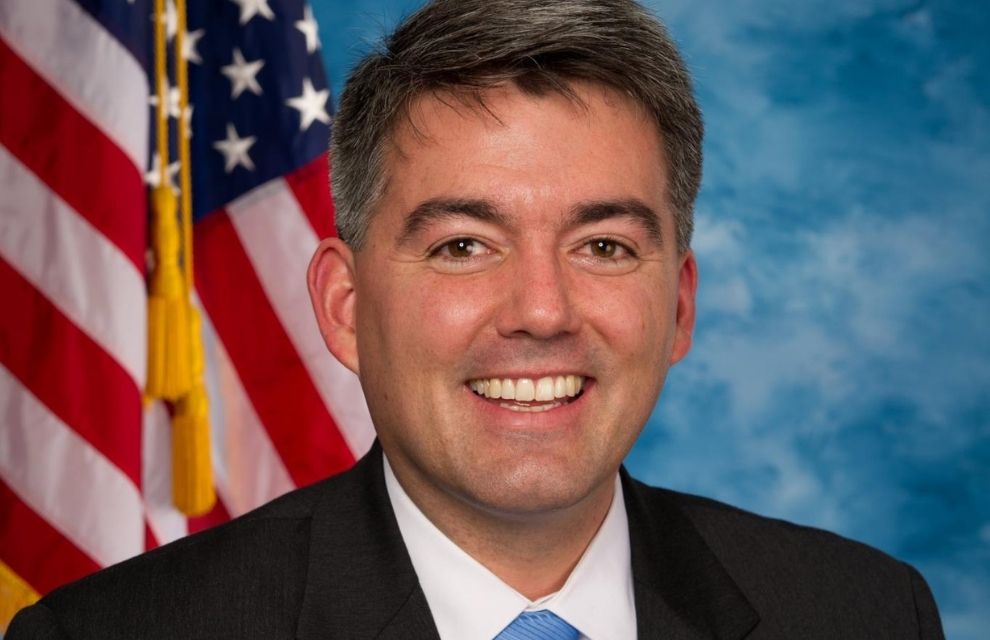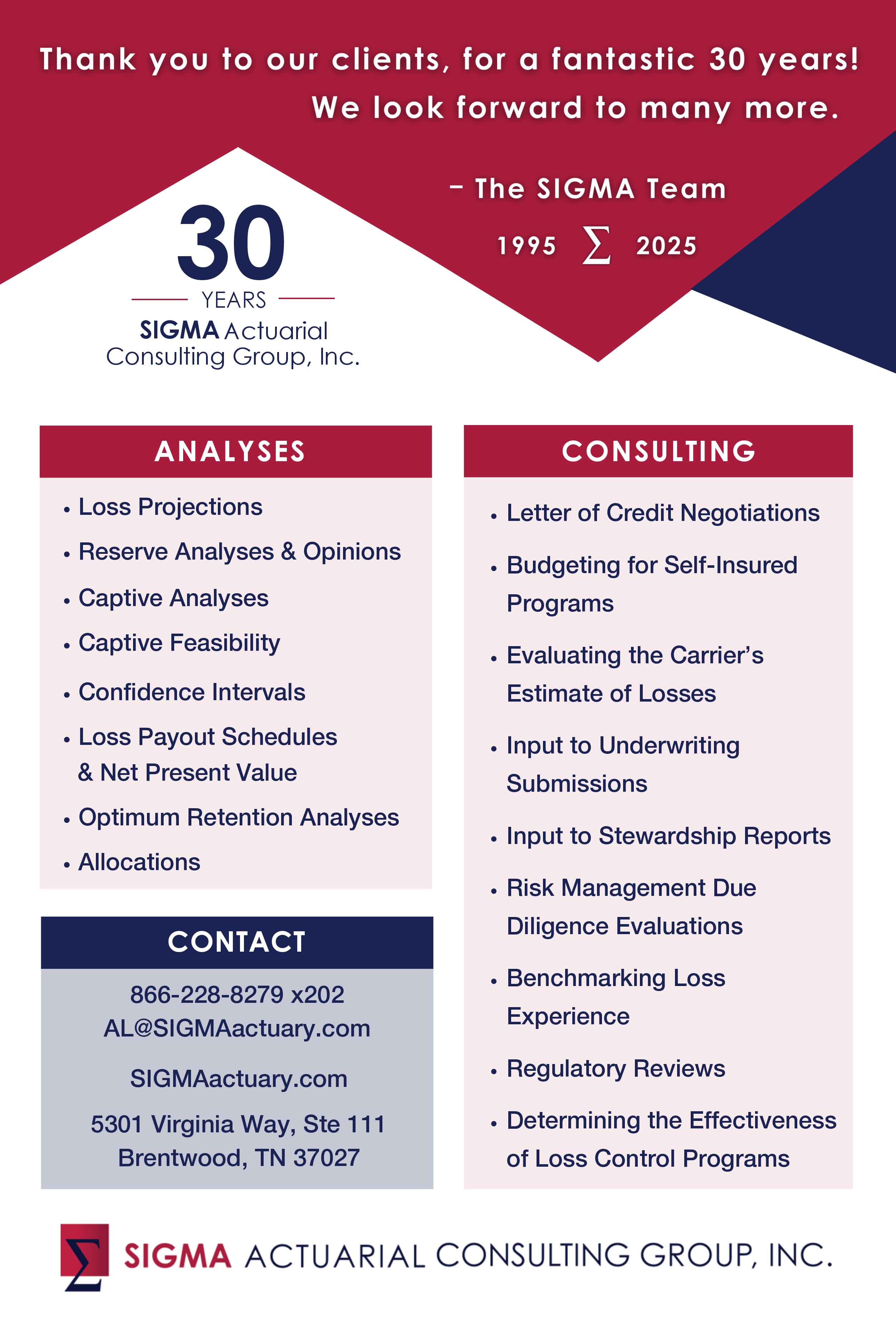The US Senator for Colorado Cory Gardner has called for the Internal Revenue Service (IRS), to suspend its review of tax benefits claimed by micro captives until resolution of the current litigation in the US Court of Appeals for the Tenth Circuit.
In a letter to Steven Mnuchin, secretary of the US Department of the Treasury, and Charles Rettig, commissioner of the IRS, Gardner said that although he supports the IRS’ goal of “eliminating bad actors in the industry”, he explained that the tenth circuit is “currently considering an appeal that will likely provide significant guidance for the industry”.
On 20 March, the IRS sent out letters to around 150,000 captive owners across the US, which were based on 2018 disclosures.
Although the original deadline for responses was set at 4 May, the IRS notified firms in April that the deadline for the micro captive insurance filing positions had been extended by a month to 4 June 2020 due to the COVID-19 pandemic.
Gardner highlighted that these letters were sent out just days into the nation’s coronavirus crisis.
He said: “Aside from poor timing given the fast-developing public health crisis, the letter also requested information, under penalty of perjury, that many may not be able to provide.”
Various captive associations including the Vermont Captive Insurance Association (VCIA), the Arizona Captive Insurance Association (AzCIA), the Utah Captive Insurance Association (UCIA)and the Self-Insurance Institute of America (SIIA), called out the IRS for sending the letters to companies during a pandemic.
Some suggested the IRS’ letter was “intimidating” while others said they were left “astonished and frustrated to receive” such a letter.
Gardner noted that the US Tax Court’s decision in Reserve Mechanical Corp. v. Commissioner “presents significant issues for the captive insurance industry”.
He continued: “As the amici curiae brief for various state agencies and SIIA makes clear, there is a serious concern within the industry that the tax court’s decision is contrary to established law and creates a marked change in the rules for the industry.”
In March, Feldman Law Firm and Foley Gardere filed the opening brief with the Tenth Circuit Court of Appeals on behalf of Reserve Mechanical Corp, a client of Capstone.
To the extent Reserve Mechanical is one of “several recent US Tax Court decisions” referenced in the May 20 letter, Gardner has requested that the IRS suspend action until resolution of the case.
He explained that a decision affirming the tax court’s ruling “would provide important guidance for participants in the industry to consider in deciding whether to continue to utilise the statutorily created tax deductions for these arrangements”.
He continued: “A decision reversing the tax court’s ruling “will aid the IRS in deciding whether it is prudent to continue to deploy ‘several examination teams’ to scrutinise the industry.”
“I am confident that all sides will be better served with greater clarity regarding the rules under which micro-captives operate: be it from Reserve Mechanical or more guidance related to 831(b) arising from the Protecting Americans from Tax Hikes or the Consolidated Appropriations Act of 2018,” he added.






